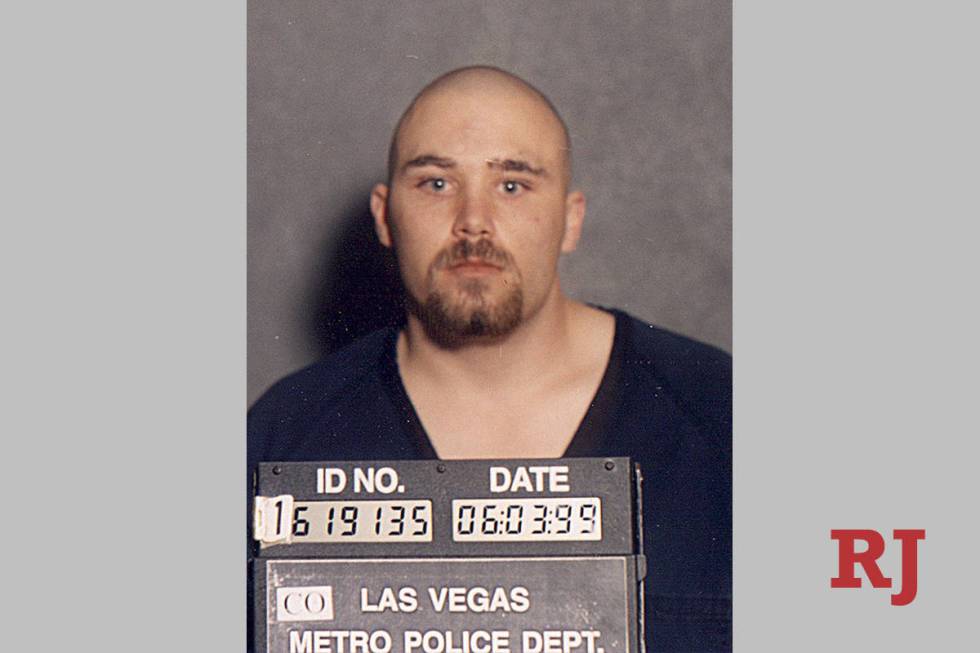Nevada prison officials unsure on execution method for Zane Floyd

Nevada prison officials have yet to establish how they plan to kill condemned prisoner Zane Floyd, nearly a month before prosecutors want his execution to take place.
“I will prepare a final execution protocol, which will include the drug or combination of drugs to be used, once I have made the final conclusion that the (choice) of drug or drugs, and the manner in which to inject the drug or drugs, will result in a death that does not violate the Constitution,” prison director Charles Daniels said in court papers. “I am still in the process of finalizing the protocol that would be used for Mr. Floyd.”
On Monday, U.S. District Judge Richard Boulware ordered Daniels and the state’s chief medical officer, Ihsan Azzam, to testify later this week about what drugs are available for the state’s lethal injection cocktail.
Federal public defenders representing Floyd, now 45, who was convicted of killing four and gravely wounding another inside a Las Vegas grocery store almost 22 years ago, argued that not telling Floyd how he would die amounts to cruel and unusual punishment, a violation of his constitutional rights.
‘Playing three-card monte’
“I believe the state and the Department of Corrections know more about the drugs than they’re telling us,” one of Floyd’s lawyers, David Anthony, told Boulware during Monday’s hearing. “We’ve been playing three-card monte with the state in our phone calls. Is this the drug? No. Is this the drug? No. Is this the drug? Well, we can’t say.”
But Chief Deputy Attorney General Randall Gilmer argued that the prison system should not have to reveal its hand until a death warrant is signed.
Clark County District Attorney Steve Wolfson has asked a state court judge to sign the warrant next week, seeking Floyd’s execution for the week of June 7.
“NDOC is awaiting the issuance of a valid execution warrant and order,” Gilmer wrote in court briefs. “Once the execution protocol is finalized, NDOC is committed — save for necessary safety and security considerations— to providing that execution protocol to Floyd and the public.”
The litigation comes as the Nevada Senate considers a bill that would abolish the death penalty.
No one from the district attorney’s office was present at Monday’s hearing, and Wolfson did not respond to phone and text messages seeking comment.
A jury sentenced Floyd to die for the 1999 killings inside a grocery store on West Sahara Avenue. He was dressed in military fatigues and armed with a 12-gauge shotgun hidden under a robe when he shot everyone he encountered.
Four employees — Lucy Tarantino, 60, Thomas Darnell, 40, Chuck Leos, 40, and Dennis “Troy” Sargent, 31 — died. Zachar Emenegger, 21, was shot twice and survived after playing dead in the produce section.
Stay of execution
At Monday’s hearing, Boulware stopped short of ordering a stay of execution for Floyd.
“Why shouldn’t I stay this execution right now?” the judge asked. “It would save time, because you know we’re going to litigate the protocol at some point. The defendant needs to have time. The court needs to have time. So why wouldn’t I grant it, temporarily at least, until the protocol is finalized?”
Gilmer argued that it would be premature for the federal court to interfere with Floyd’s case before an execution warrant is signed. He also wrote in a brief that Floyd has not shown that a stay would be necessary, depending on the method of execution.
Nevada’s lethal injection protocol faced drawn-out legal scrutiny after another death row inmate, Scott Dozier, asked to be executed. He killed himself behind bars more than two years ago.
At least two of the drugs planned for Dozier are no longer available for Nevada’s prison system.
Floyd’s lawyers said last month that he preferred a firing squad over lethal injection. In order to challenge an execution, the U.S. Supreme Court requires an inmate to provide an alternative means of death.
“Floyd concedes he must establish that the harm he seeks to prevent is both likely and irreparable,” Gilmer wrote. “However, he cannot show either. This is because, while NDOC certainly admits that death is irreparable, the harm Floyd must show here is something other than death, as he concedes, as he must, that the execution can proceed under his desired protocols.”
Contact David Ferrara at dferrara@reviewjournal.com or 702-380-1039. Follow @randompoker on Twitter.